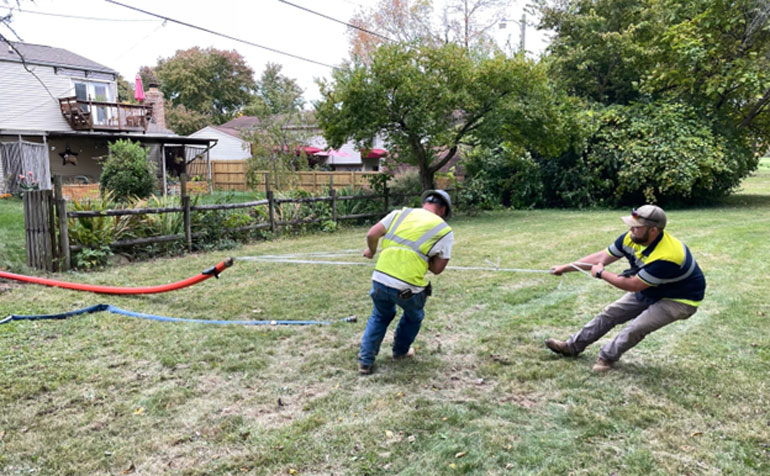Schooling for Success: Do You Need Formal Education for Directional Drilling?
Imagine standing amidst the hustle and bustle of a construction site, operating a marvel of engineering known as the directional drill. It's a job that demands precision, strategic thinking, and a deep understanding of geological variables. But does it require formal education? Let's drill down into the facts.
The Traditional Path - While it's common for many professions to require degrees or diplomas, the path to becoming a directional drill operator needs to be clearer. There isn't a specific educational requirement to enter the field. Many successful drill operators kickstart their careers with a high school diploma or GED and then delve into on-the-job training their employers or unions provide.
Valuable Vocational Training - Although not mandatory, vocational training programs related to heavy machinery operation, construction, or geology can offer a head start. These programs, available at many community colleges and trade schools, equip students with a foundational knowledge of equipment operation, site safety, and soil science, often providing a competitive edge in the job market.
The Power of Certification - Beyond formal education, certifications can play a vital role in building a successful career in directional drilling. Certifications such as the Horizontal Directional Drilling Academy's Operator Qualification demonstrate your competency to potential employers and can pave the way for better job opportunities and higher salaries.
Continual Learning - The field of directional drilling is dynamic, with continuous advancements in technology and practices. Thus, irrespective of your formal education, staying abreast of industry developments through workshops, online courses, and industry conferences is crucial to stay competitive and improving your craft.
In conclusion, while a formal education isn't strictly required for a career in directional drilling, a combination of on-the-job training, vocational programs, certifications, and continual learning can significantly enhance your skills and career prospects. Remember, in the world of directional drilling, knowledge truly is power.
